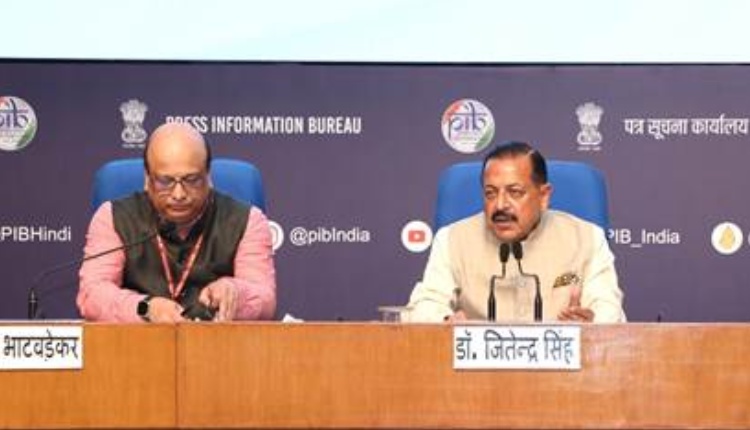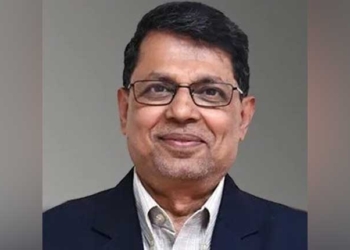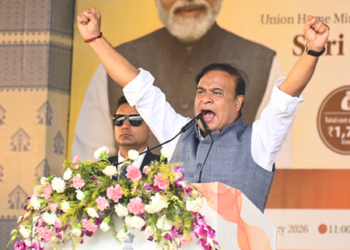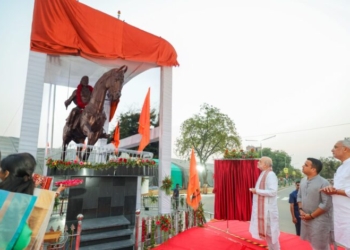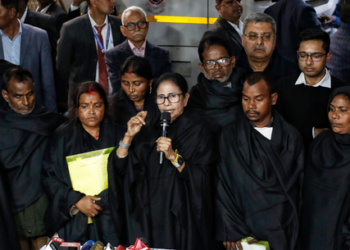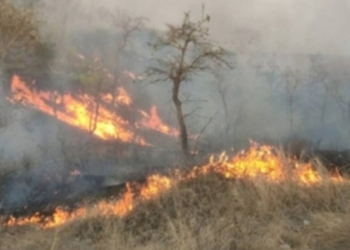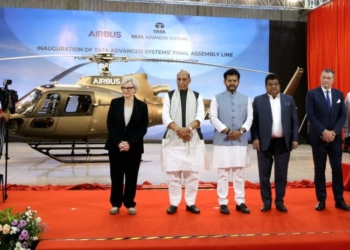New Delhi: Chandrayaan 3, which scripted history in 2023 by becoming the first to land on the South Pole of the Moon, created “a milestone” that will soon be followed by Chandrayaan 4 and 5, said Union Minister Jitendra Singh on Wednesday, on the eve of first National Space Day.
On August 23, India is set to celebrate its maiden National Space Day, to celebrate the achievements of Chandrayaan at the Bharat Mandapam, Plenary Hall in New Delhi.
The theme for the celebration will be: “Touching Lives while Touching the Moon: India’s Space Saga.”
At the curtain raiser event, held in the national capital on Wednesday, the Union Minister of State (Independent Charge) for Science and Technology, highlighted India’s efforts to rise as a world leader in the space sector.
Chandrayaan-3 spacecraft consisted of a propulsion module (weighing 2,148 kg), a lander named Vikram (1,723.89 kg) and a rover named Pragyan (26 kg). It landed near the South Pole of the Moon on August 23 after travelling about 3.84 lakh km for more than 40 days.
With Chandrayaan-3 success, India also became the fourth nation after the erstwhile USSR (now Russia), the US, and China to make a soft landing on the Moon.
“Gayanyaan Mission is to send first Indian in Space in 2025,” he said, noting that trial flights are going on.
Gaganyaan, which was India’s first human spaceflight mission, was delayed due to Covid-19.
The Union Minister said that opening the space sector to private partners resulted in more than Rs 1,000-crore investment “within months of collaboration”, and space startups also increased to 300.
The space economy is projected to grow fivefold over the next decade, reaching $44 billion.
He also stressed on the Indian space station — Bharatiya Antariksha Station (BAS) — expected to be set up and running by 2035.
“One of the cornerstone projects is the establishment of the Bhartiya Antariksh Station by 2035 and an Indian landing on the moon by 2045,” the Science and Technology Minister said.
Meanwhile, ISRO said it organised a series of events across the seven zones of the country, as part of the celebration.
“The events included demonstrations of satellite technology, model rocketry workshops, virtual reality experiences of space missions, and national-level competitions, including the ISRO Robotics Challenge and Bhartiya Antriksh Hackathon,” said Shantanu Bhatwadekar, Scientific Secretary, ISRO.
(IANS)




